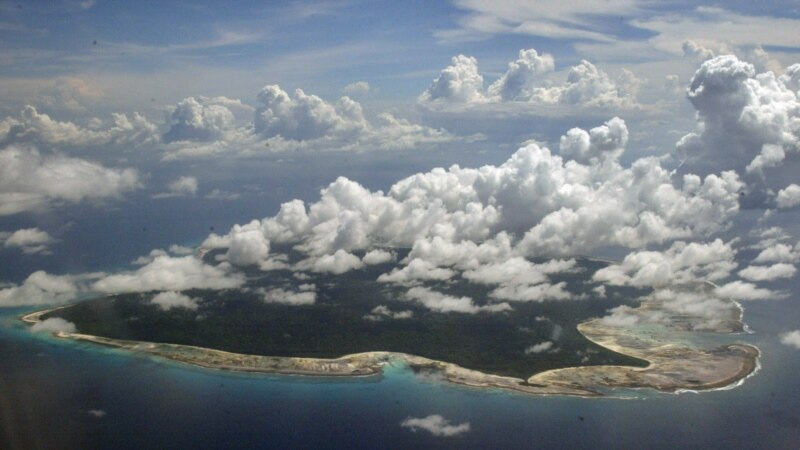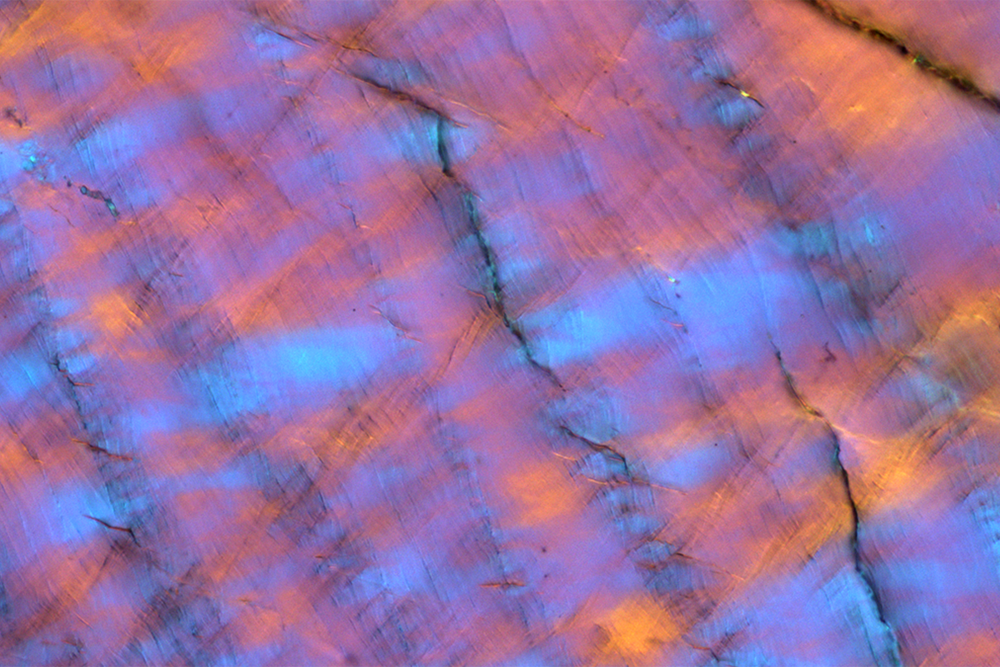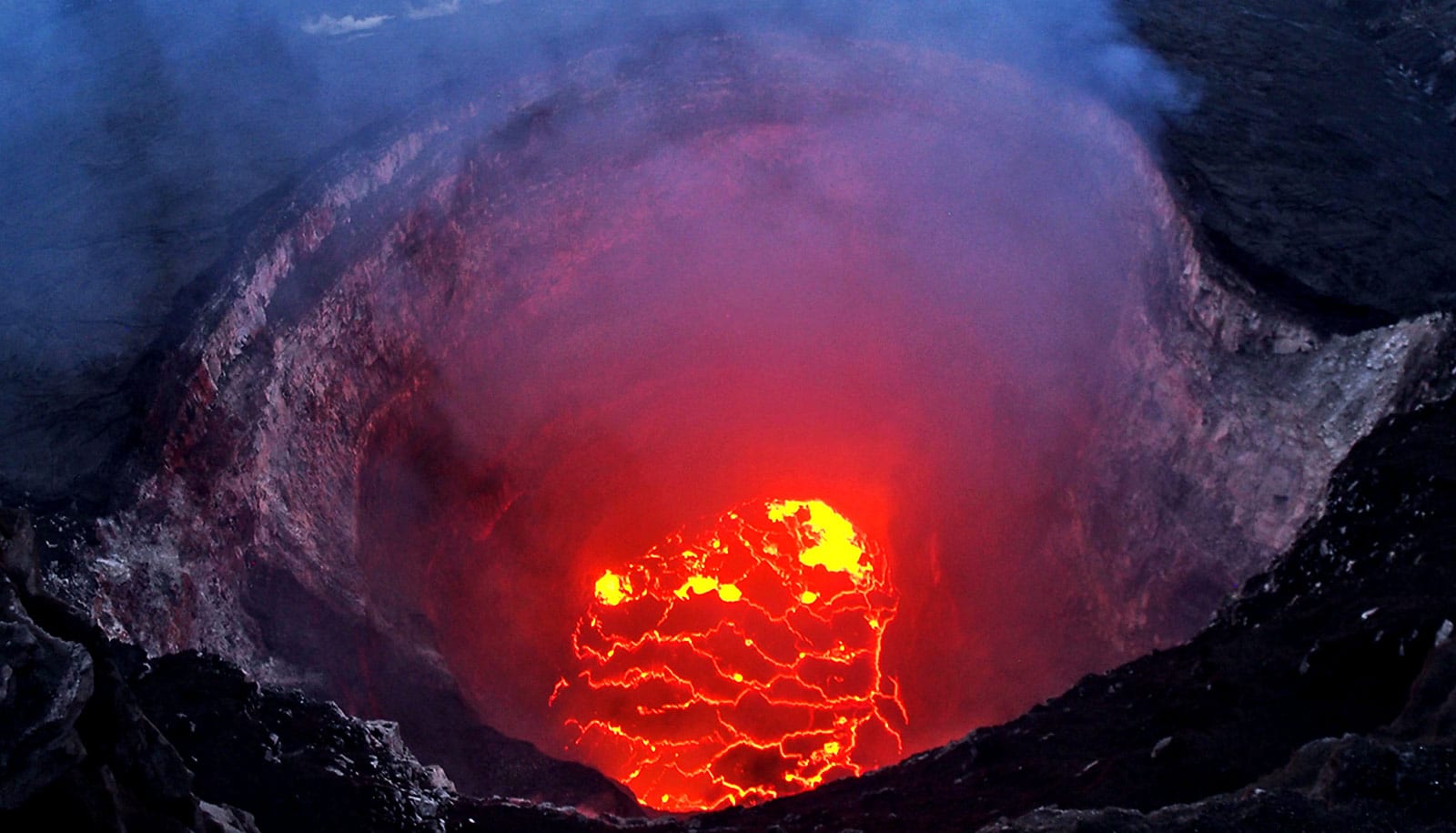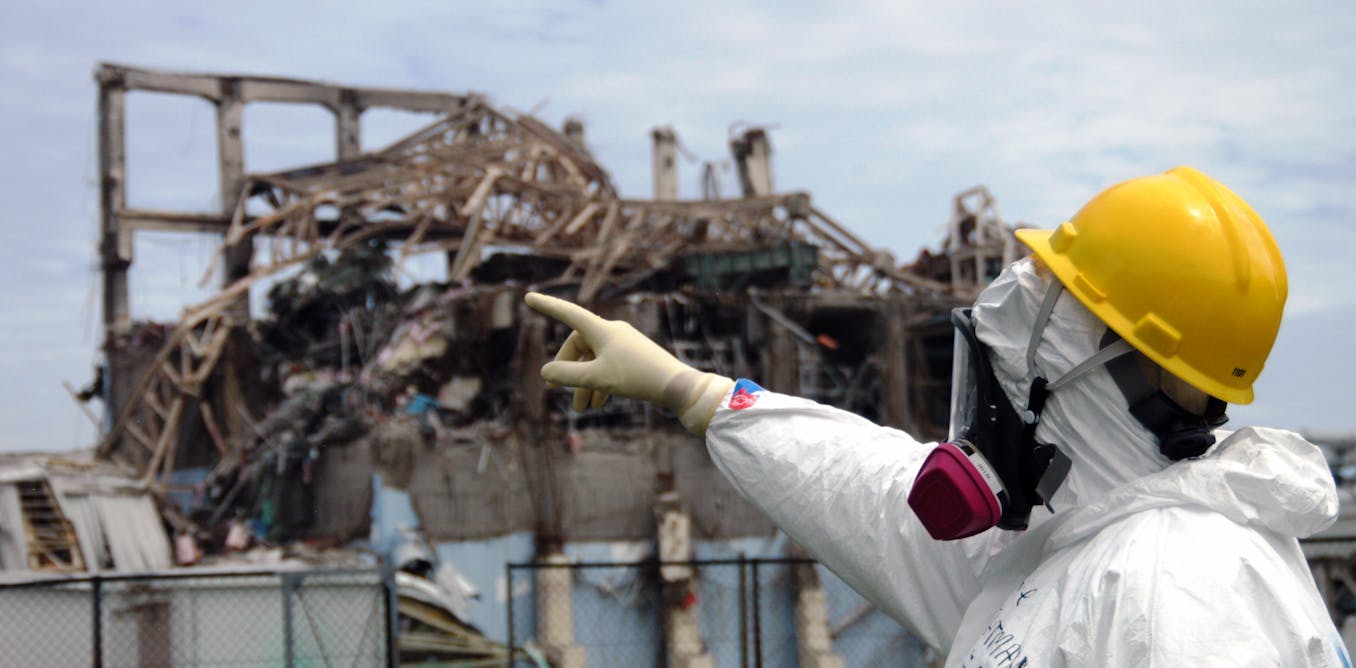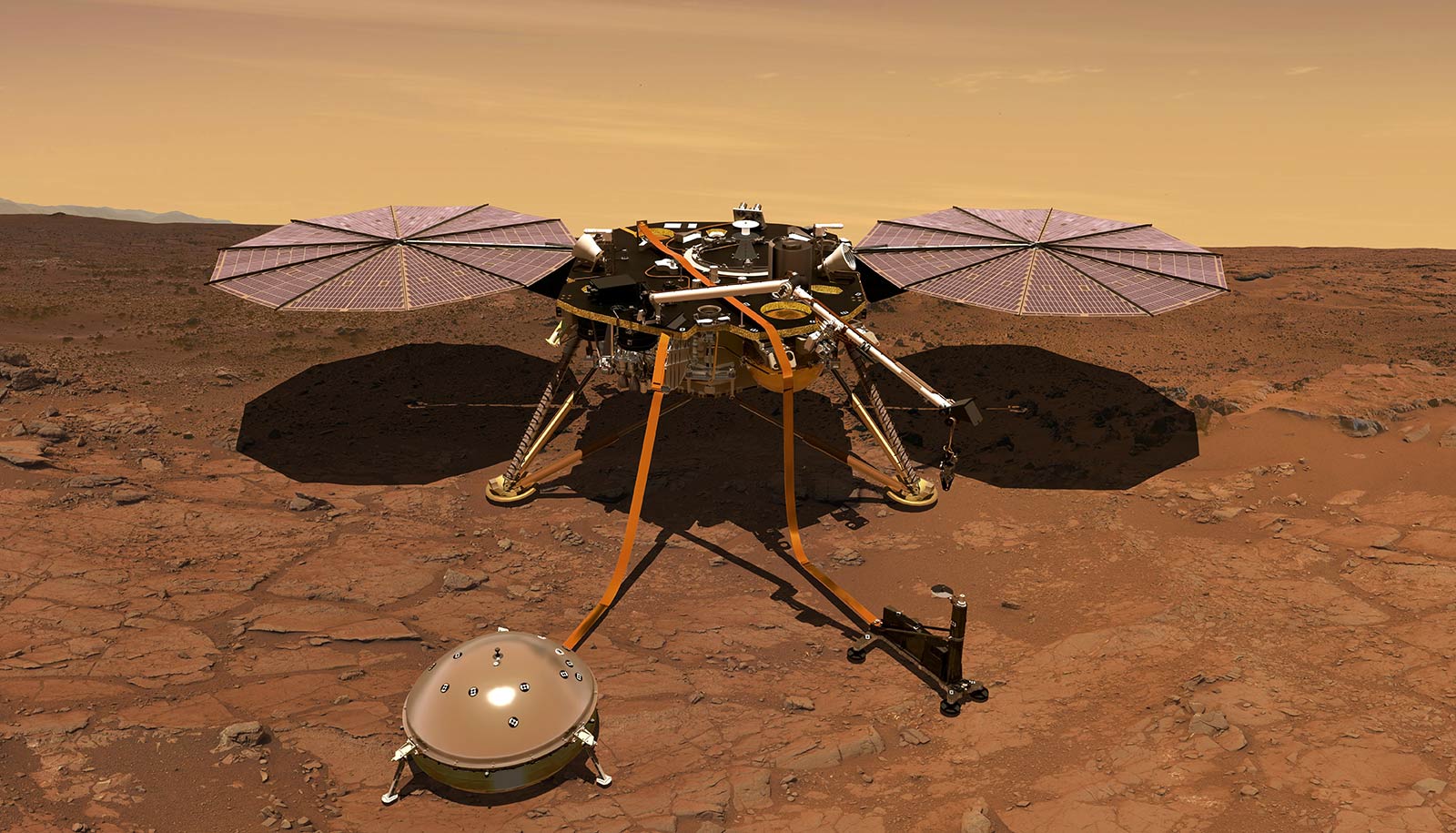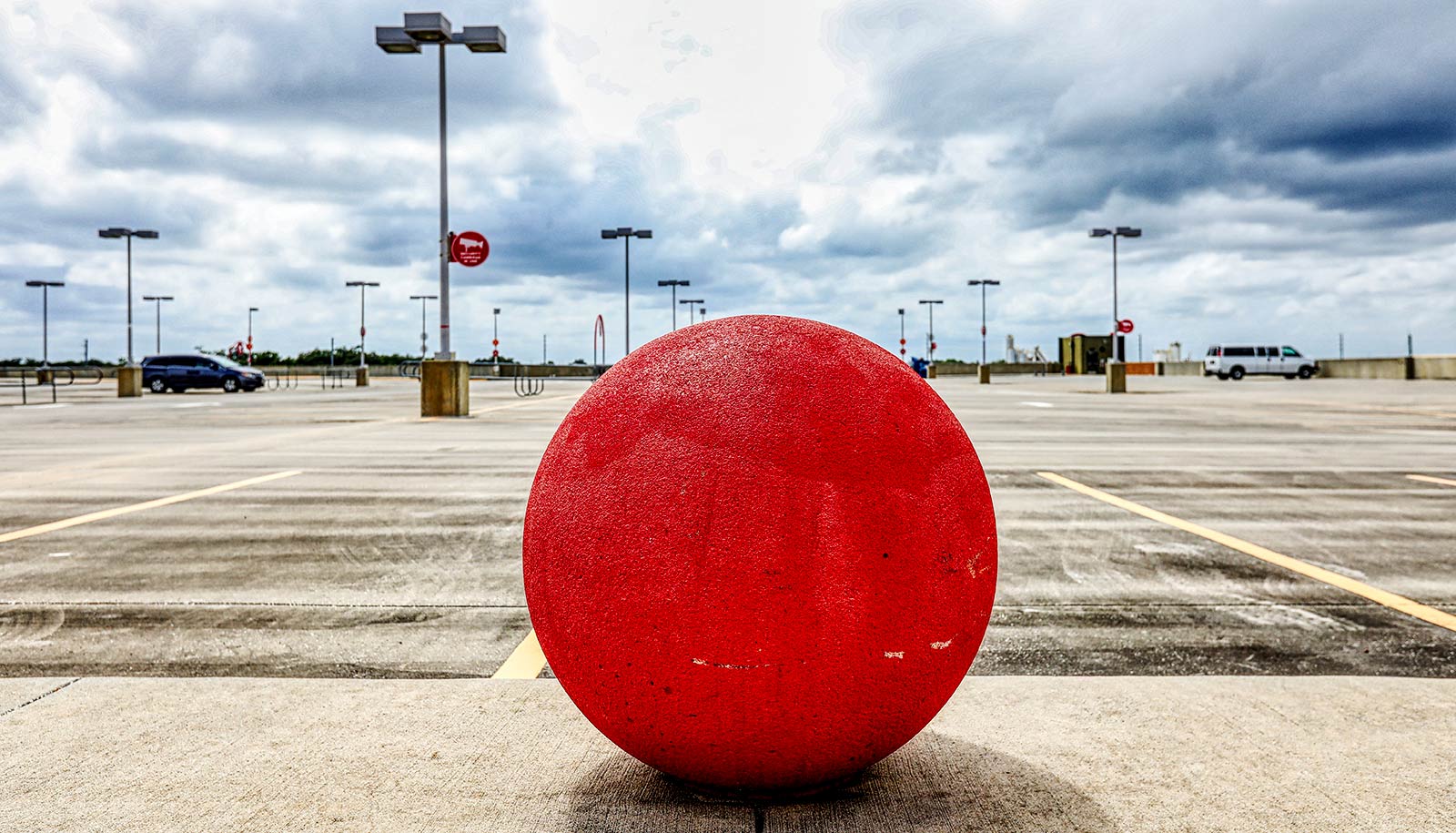What causes a tsunami? An ocean scientist explains the physics of these destructive waves
Tsunamis aren’t just bigger-than-average waves. Triggered by undersea earthquakes or volcanic eruptions like the one in Tonga, they are fast, massive and potentially destructive. Here’s why.
Jan. 19, 2022 • ~8 min


